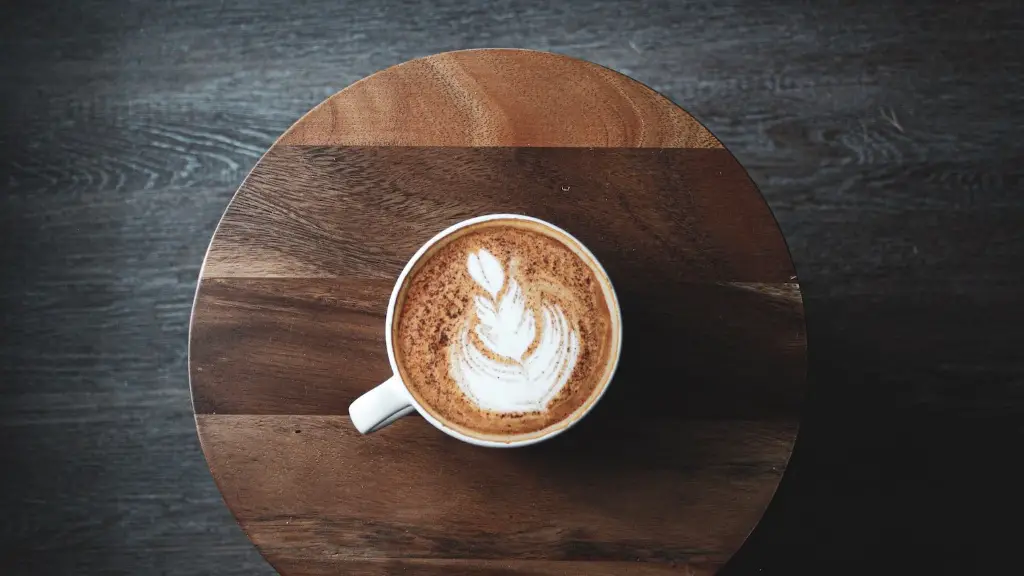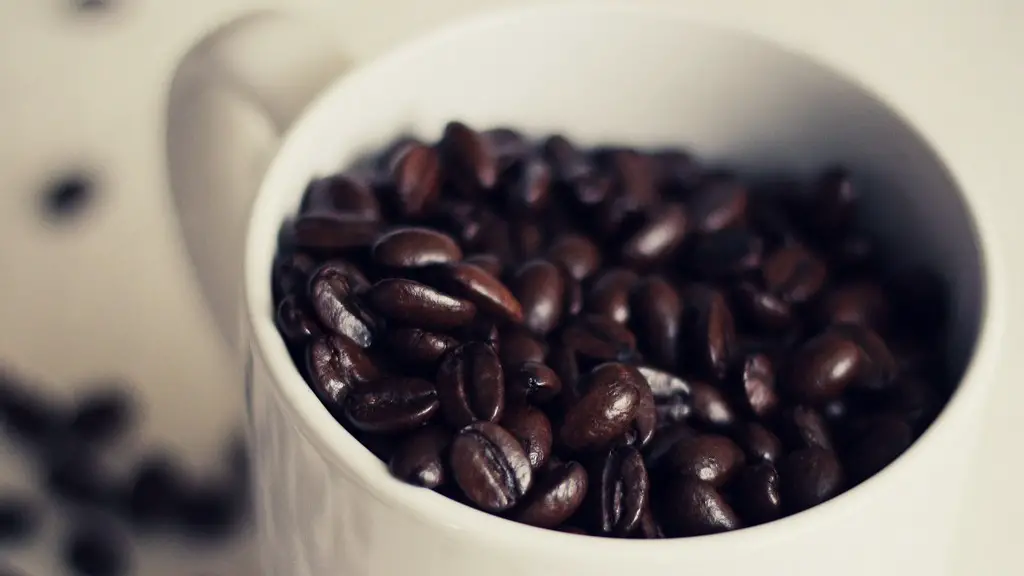Coffee and Caffeine Content
Coffee is a beloved drink around the world, but many people are concerned about how much caffeine they’re consuming when they brew up a cup or pick up a can of Monster energy drink. Caffeine is a powerful stimulant and can have both positive and negative effects on your body depending on the amount you consume. How much caffeine is in a Monster energy drink, and is it safe to drink it?
A Monster energy drink typically contains about 160 milligrams of caffeine, according to the U.S. Food and Drug Administration. This is about twice the amount of caffeine in a standard 8-ounce cup of brewed coffee, which is typically around 95 milligrams. The Monster energy drink also contains other ingredients such as taurine, glucuronolactone, and B-vitamins that may have additional effects on your body.
The amount of caffeine in a Monster energy drink is generally considered safe for the majority of adults. The FDA recommends that healthy adults shouldn’t get more than 400 milligrams of caffeine each day. That’s basically two and a half Monster energy drinks. Some people may be more sensitive to caffeine, so you should avoid drinking it if you get side effects, such as headaches or jitters.
How Caffeine Affects Your Body
When you consume caffeine, it stimulates your central nervous system and triggers the release of adrenaline into your bloodstream. This is why you may feel energized and alert after consuming it. Caffeine affects different people in different ways, so you may experience different levels of energy and alertness after drinking a Monster energy drink.
Caffeine can also increase your metabolism, which may offer some short-term weight loss benefits. However, long-term effects are less clear and some research has even suggested that caffeine may cause weight gain in the long run. The best way to stay healthy is to focus on eating a balanced diet and getting regular exercise instead of relying on energy drinks for weight loss.
Possible Side Effects
When consumed in moderation, caffeine is generally considered safe. However, large or frequent doses have been linked to some possible side effects. These include headaches, rapid heartbeat, dizziness, irritability, difficulty sleeping, and stomach upset.
Caffeine also raises blood sugar levels, which can be problematic for people with diabetes. People who are pregnant or nursing should limit their caffeine intake, as large doses can lead to low birth weight. People with high blood pressure may be more sensitive to the effects of caffeine, so they may want to consume it in smaller doses.
Alternatives to Energy Drinks
If you’re looking for a healthier way to get energy, there are other options besides energy drinks. Green tea and herbal teas are a great way to get a boost of energy without the jitters or crashing that comes with an energy drink. Coconut water and natural juices are also healthier alternatives.
There are also a variety of snacks that you can reach for when you need a pick-me-up. Foods like nuts, seeds, and whole grains provide sustained energy with nutritious health benefits. If you’re looking for a sweet treat, dark chocolate can provide a pleasant energy boost without the crash of an energy drink.
Energy Drink Alternatives with Caffeine
If you’re looking for a caffeinated alternative to an energy drink that’s healthier, there are a few options available. Some coffee drinks contain less caffeine than Monster energy drinks, and a shot of espresso can provide an enjoyable energy boost without the long-lasting jittery effects of an energy drink.
Kombucha is a fermented tea drink that has become popular in recent years. Kombucha usually contains around 30 milligrams of caffeine, which is slightly less than Monster energy drinks. It also contains probiotics and some B vitamins, which have additional health benefits.
Comparing Caffeine Content
When it comes to the amount of caffeine in energy drinks, there is a big difference between the various brands. Monster energy drinks contain much more caffeine than their competitors, with some containing as much as 540 milligrams. Popular energy drinks such as Red Bull and Rockstar typically contain between 80 and 160 milligrams of caffeine.
Overall, energy drinks contain significantly more caffeine than traditionally brewed coffee. An 8-ounce cup of brewed coffee typically contains around 95 milligrams of caffeine, while a 12-ounce can of Monster energy drink has 160 milligrams.
Caffeine Tolerance and Sensitivity
Everyone has a different caffeine tolerance and sensitivity. Some people may be more sensitive to caffeine, while others may be able to consume more without getting the same side effects. It’s important to know your own caffeine tolerance and adjust your consumption accordingly.
If you’re sensitive to caffeine, one small can of Monster energy drink may be enough to give you a jittery feeling or a rapid heartbeat. People who aren’t sensitive to caffeine may be able to drink several cans a day without any ill effects. It’s important to understand your own caffeine tolerance and adjust your consumption accordingly.
Potential Health Risks
Consuming large amounts of caffeine can have negative effects on your health. Too much caffeine can lead to restlessness, insomnia, irritability, and headaches. It can also increase your blood pressure, which can be dangerous if you have a preexisting heart condition.
Caffeine can also increase your risk of dehydration. Monster energy drinks contain large amounts of sugar and sodium, which can lead to dehydration if consumed in large amounts. It’s important to stay hydrated, particularly if you’re drinking energy drinks. Drinking water alongside an energy drink can help reduce the risk of dehydration.
Drinking Energy Drinks in Moderation
When consumed in moderation, energy drinks can offer a short-term energy boost. However, it’s important to understand your own caffeine tolerance and be aware of the potential risks associated with drinking large amounts of caffeine. If you’re looking for a healthier way to get a boost of energy, there are other options available such as natural juices, teas, and snacks.


